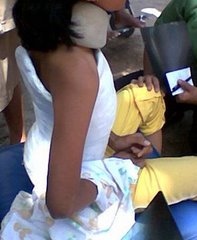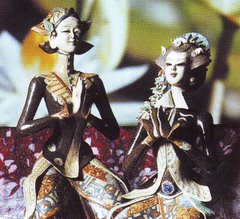Traditionally, the central concern of rehabilitation has been the restoration of function so that persons can perform to their fullest physical, emotional, social, and vocational potential. From another perspective, rehabilitation involves behavioral changes and emphasizes coping with a physical impairment caused by disease or injury and learning to adapt in one's own environment.
The terms "rehabilitation" and "physical medicine" are often used synonymously. In fact, they share much in common but are not identical. Physical medicine traditionally has been concerned with the diagnosis and treatment of physical disorders, with special emphasis on the use of neurodiagnostic techniques such as electromyography and the therapeutic application of physical agents such as heat, cold, water, and electricity. Rehabilitation, a broader term, has been associated more with the diagnosis and treatment of functional disorders, with emphasis on the practical, functional assessment of motor, sensory, and cognitive skills and treatment aimed at enhancing function and altering behavior.
The terms "rehabilitation" and "physical medicine" are often used synonymously. In fact, they share much in common but are not identical. Physical medicine traditionally has been concerned with the diagnosis and treatment of physical disorders, with special emphasis on the use of neurodiagnostic techniques such as electromyography and the therapeutic application of physical agents such as heat, cold, water, and electricity. Rehabilitation, a broader term, has been associated more with the diagnosis and treatment of functional disorders, with emphasis on the practical, functional assessment of motor, sensory, and cognitive skills and treatment aimed at enhancing function and altering behavior.







